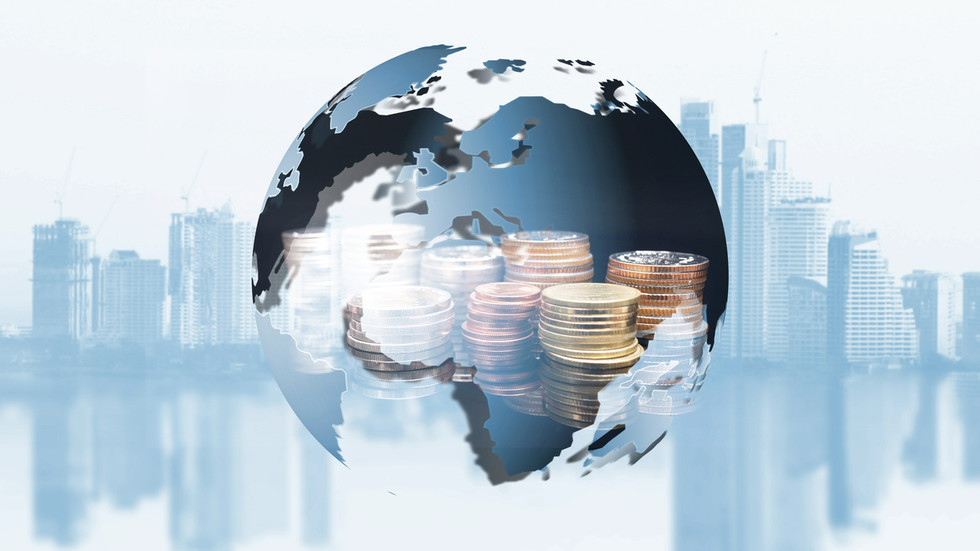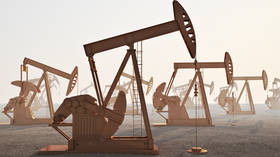
The bloc’s combined GDP already exceeds that of the G7, and the gap will widen further once six new members join next year

© Getty Images / mnbb
The addition of six new member states will propel the BRICS group of countries far ahead of its major rival, the G7, in economic terms, several Russian media outlets reported this week, citing calculations based on global data.
BRICS currently consists of Brazil, Russia, India, China, and South Africa, but next January it will admit Argentina, Egypt, Ethiopia, Iran, Saudi Arabia, and the United Arab Emirates.
According to reports from the news outlets RBK and TASS, the combined gross domestic product (GDP) of the expanded BRICS in terms of purchasing power parity (PPP) will be roughly $65 trillion. This would see the bloc’s share of global GDP rise from the current 31.5% to 37%. In comparison, the share of the G7 group of advanced economies is currently around 29.9%.
Furthermore, with the addition of the new members, BRICS nations will account for almost half of the world’s food production. In 2021, the group’s wheat harvest amounted to 49% of the globe’s total. The share of the G7 was 19.1%. BRICS will also have an advantage in terms of the production of metals used in the high-tech industry. The 11 nations will account for 79% of global aluminum output, against just 1.3% controlled by the G7. For palladium, the disparity is 77% for BRICS versus 6.9% for the G7.
The expanded BRICS will account for roughly 38.3% of the globe’s industrial production, versus 30.5% for the G7. However, the latter will retain the advantage in terms of exports, with a share of 28.8% against 23.4% for BRICS.

Saudi Arabia has the largest economy among the new BRICS member states. Its GDP in dollar terms at the end of 2022 was estimated at $1.1 trillion. Meanwhile, the UAE will be a formidable addition to the bloc thanks to its status as a major exporter. Its exports of goods in 2022 amounted to nearly $600 billion.
Overall, the 11 BRICS countries will account for 48.5 million square kilometers, representing 36% of the world’s land area. This is more than double that of the G7. The combined population will amount to 3.6 billion, 45% of the globe’s total and more than four times above the G7.
For more stories on economy & finance visit RT’s business section



